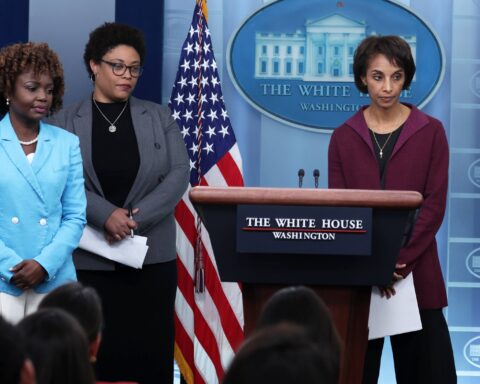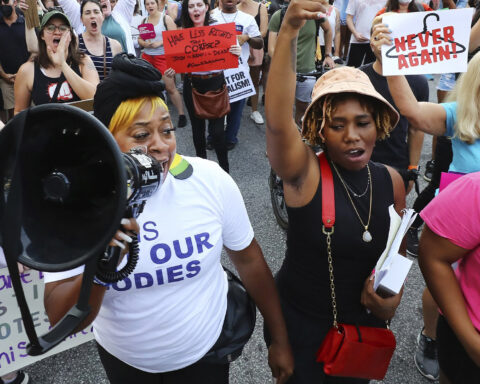America’s Black women hold more than 90% less wealth than American White men, Goldman Sachs revealed in a new report Tuesday.
In response, Goldman announced on Wednesday it will invest $10 billion into areas that will impact the lives of one million Black women by 2030. Goldman will partner with Black women-led organizations and institutions to commit $10 billion in direct investment capital and $100 million in philanthropy. The investment strategy is led by Black women, such as former Secretary of State Condoleezza Rice and Walgreens CEO Rosalind G. Brewer.
“This initiative is transformational,” said Melanie Campbell, convener of the Black Women’s Roundtable and president and CEO of the National Coalition on Black Civic Participation, which is partnering with Goldman Sachs on the program. “What Goldman Sachs is doing has the potential to materially impact the lives of Black women, their families and communities across the country.”
A stunning wealth gap
What propels the 90% wealth gap? Mainly a large earnings gap that has only widened since the 1980s and ’90s, the study about Black women economics found. Black women currently make 15% less than White women and 35% less than White men. In the ’80s, the earnings gap was 5% between Black and White women.
The disparities are present in every stage of a Black woman’s life, from education to housing to health. Goldman’s initial investments will be made in areas like this through institutions like Hope Enterprise Corporation, mayors and HBCUs.
Only 0.5% of Black women own their own businesses — White men are 24 times more likely to own their own business than Black women. Access to funds and investment is a major barrier to successfully opening a business — Black business owners are 20% less likely to fund their startups with bank business loans.
Closing the 90% wealth gap would benefit everyone, the study said. Improving the economic condition of Black women and men could add up to 1.7 million jobs and GDP growth of 2.1%.
“Black women are at the center of this investment strategy because we know that capital has the power to affect change, and we know that Black women have the power to transform communities,” said Margaret Anadu, global head of sustainability and impact for Goldman Sachs Asset Management. “If we can make our economy work for Black women, we all benefit.”







